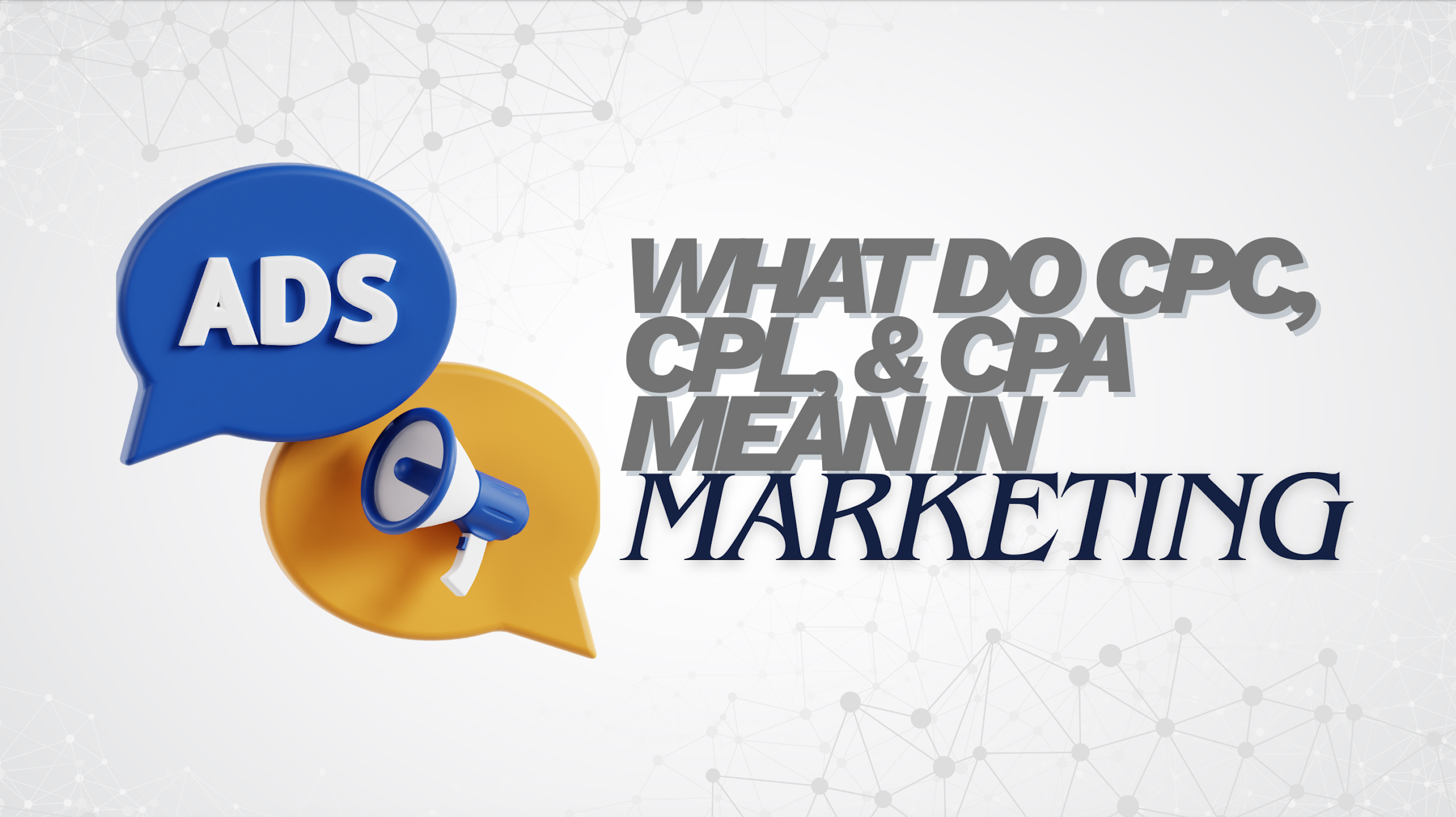YouTube SEO: What it is, Why it Matters, and How to Do It

YouTube offers a number of benefits for your brand. It's the second largest search engine in the world, and it's owned by the largest: Google. You (hopefully) already know how important SEO is for your website and blog. Did you know that this extends to your YouTube channel, too? Let's talk about YouTube SEO, why you need to care about it, and how you can make it your strongest ally.
What Do We Mean by YouTube SEO?
This isn't all that different from on-page search engine optimization (SEO), where you optimize your website and blog content.
When we're talking about YouTube SEO, we're referring to optimizing your video content around a specific keyword.
For example, let's say that you're a yoga apparel brand, and you're planning to publish a YouTube video on asanas for back pain. That might very well be your keyword — "asanas for back pain."
You would then optimize your video content around that specific keyword.
But why?
Let's keep going.
Why Does YouTube SEO Matter?
Let's try rephrasing this question. Instead, we ask you: Why does SEO matter?
The answer? Because it helps you rank higher in search engines. Boom!
And by now, you know that YouTube is a search engine. Yes! It's not just somewhere to go kill time and watch funny videos of dogs and Friends bloopers. Not that we do that. (Just kidding. We do that all the time.)
YouTube is a tool that you can use to get your content in front of more people. Think about it: If you were to publish a blog post without having put any thought into the topic or keyword, you couldn't expect it to perform very well, right? Right.
The same goes for your videos. You need to look into topics and keywords prior to recording them. When you hit publish, YouTube is going to notice that you're creating high-quality content around something that a lot of people are searching for.
And what do you think it's going to do as a result?
It's going to rank you higher, which means that more people are going to see you.

You might think that video content and SEO have nothing to do with each other. To that, we say au contraire! You absolutely have the opportunity to take advantage of YouTube SEO, and you should leverage that potential.
So, by this point, you know what YouTube SEO is, and why you need to care about it. Next, let's talk about how you can do it.
How to Become a YouTube SEO Master
If you're already familiar with SEO in general, then you're in luck, because this is going to be simple for you.
And if you're not already familiar with it, you're in luck anyway, because we're about to explain it. Here's how to leverage YouTube as a search engine using SEO, to increase your exposure, views, and engagement.
Start With a Keyword With These Qualities
Like a web page you would write, your video needs to be optimized around a keyword. But not just any old keyword...
You want something that's high-traffic and low-competition.
We'll explain why.
If a search term is getting high traffic, then that means that a lot of people are searching for it. There's demand. But monthly search volume isn't the only metric we care about. We also want something that's not too competitive. The more competitive it is, the harder it's going to be for your video to rank for that keyword.
One of the simplest and most effective tools for researching keywords is Keywords Everywhere. It's an extension that'll work right inside YouTube, and you can get started for just $10 (and this goes a long way).
Some other tools that are great for topic and keyword research are Answer the Public and Ubersuggest.
Use Your Keyword in These Places on Your Video Page
Now that you've got a topic and keyword, you're good to record your video.

Once that's done, we can get to optimizing it!
You're going to want to use your keyword in these places:
- The title of your video.
- The description.
- The file name of the video.
- As a tag.
- As a hashtag.
We want to offer a gentle word of warning, though: Because YouTube is an incredibly savvy algorithm that's owned by an even savvier algorithm (Google), you will not get away with keyword stuffing.
So, don't simply take your keyword and cram it in there as many times as possible. Not only will the search engine recognize and penalize you for this, but it's going to negatively impact the user's experience.
You still want to talk like a human being — not a bot.
When possible, front-load. This means that if possible (read: as long as it sounds natural), use the keyword toward the front of your title and the front of your description.
Optimize Post-Publishing
SEO isn't just about using the keyword in the right spots and checking all the boxes. Even after you've hit Publish, you've still got some work to do.
Especially within those first 24 hours, YouTube is paying very close attention to see how people are reacting to your new content. Do they like it? Are they eager to watch it? Do they stick around until the end?
These are all signals that help the search engine decide how helpful and authoritative your content is, and thus, how it should rank you.
So, it's in your best interest to drive as much traffic to your content as possible — especially when it's brand new. Here are just a few ways you can do that:
- Send an email blast out to your list letting them know that there's a new video for them to watch. (Be sure that the email itself provides value. This isn't only about getting video views! Give before you ask.)
- Post on all of your social media pages. (Again, the post itself should provide value and not merely ask people to click the link to watch.)
- Publish a new blog on your website covering that video's topic. Tell people that if they want to learn even more, they can watch the full video on YouTube. Link to it and also embed it on the page.
The advice in this blog on YouTube SEO is, by no means, exhaustive. However, it gives you an excellent starting point so that you can better optimize your video content and improve your engagement and visibility.
Want to learn more about why you need to be active on YouTube? We've got a blog on that! Read all about the benefits of YouTube for brands.





